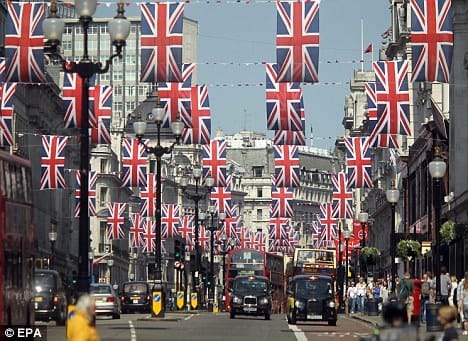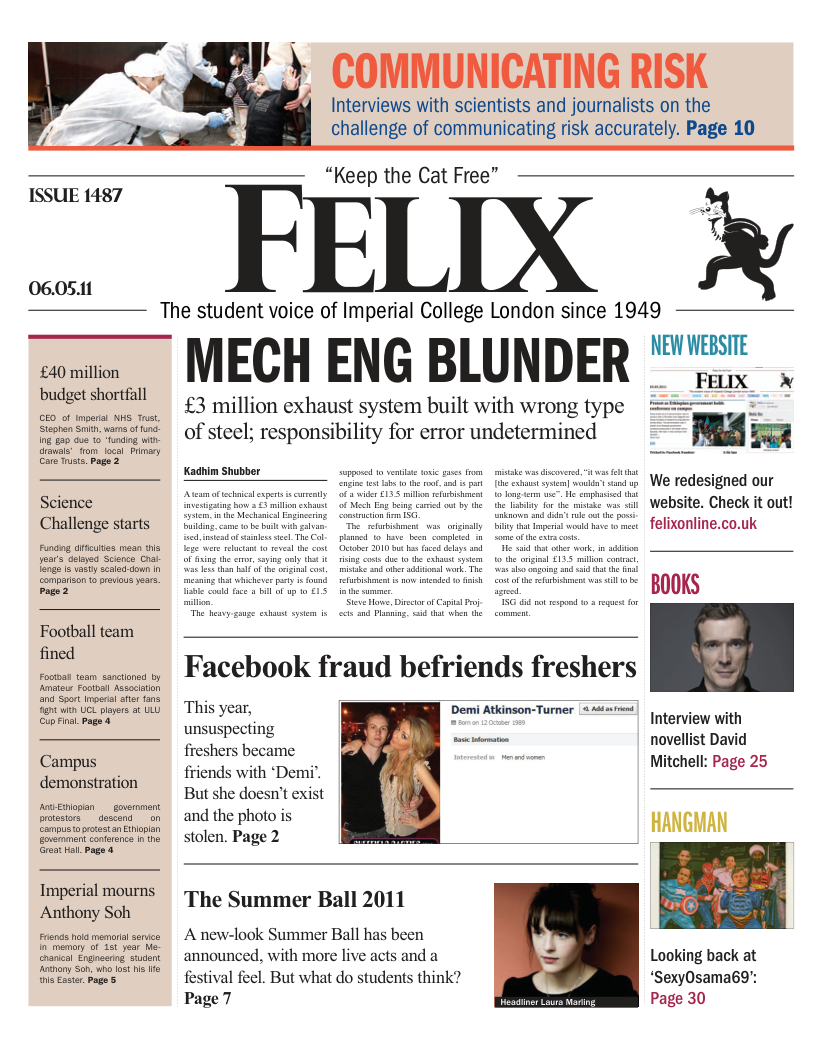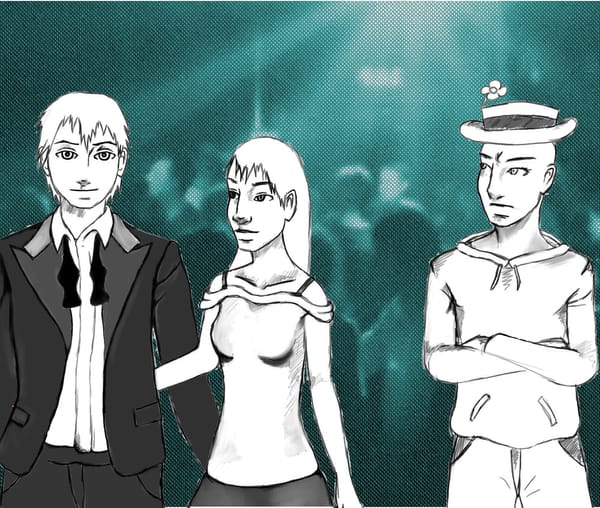How to be British, apparently
Is loving the Royal Family a prerequisite for being British?

There was a wedding last Friday. One of slightly more importance than normal. Did you see it? I’m afraid I missed it. Which was a shame because I had a personal invitation to Westminster Abbey but a very important engagement came up at the last moment. There was a wall that had been recently painted and they needed someone make absolutely certain that it dried. Like I said, a shame, but I’ll catch the next one.
Say what you like about the Royal Wedding – and I believe Angry Geek already has – it was quite popular. Central London was filled with people cheering and waving flags as minibuses of royals drove by. And bunting. What the hell is bunting? After the ceremony, once everything had devolved into a general good time, a lot of people were saying how proud they were to be British.
Central London was filled with people cheering. And bunting. What the hell is bunting?
That’s nice for them but what does it mean? I’ve never considered myself to be British. I am a Prince of Wales, and will be until I die and my heart will always belong to the land of my fathers, that old land where the minstrels are honoured and free. But what does it mean to be British, especially in this age, in this cosmopolitan melting-pot of a city? The English Defence League and the British National Party have very strong ideas of what being British means. They define themselves as true Brits so being British must mean being bigoted and xenophobic, short-sighted and small-minded, and being painfully, painfully white. Somehow, this doesn’t seem correct – and not just because I don’t want to live in a universe where the EDL and BNP can be right.
They are both very keen for immigrants to go “home” as well, positing that Britain is for the British. Does that mean that you’re only British if you’re born in this green and pleasant land? Is nationality something that boils down to just a bit of luck and geography? Again, I don’t think so. Though an island nation, throughout history, Britain has played host to a thousand colours and creeds. Some have moved on afterwards but many more decided to stay, a testament to our accepting nature. Except the French. I draw a line with the French. Extremists want those who are different to them to go home but what is home? Isn’t it somewhere where we feel welcome? For many people, that’s right here, regardless on what’s scribbled on their birth certificate.
Maybe being British is a matter of stereotypes. If you conform to a certain number of hallmarks of Britishness, maybe that makes you British? So, being British includes (but is not limited to) drinking tea, queuing, talking about the weather, a stiff upper lip and poor dental hygiene, driving on the left, throwing vowels in words with reckless abandon and…royal weddings. While I know a few people like this, it’s a narrow and rather twisted definition of Britishness. Stereotypes simplify trends into absurdity. That’s why the BNP love them so much. While we do love tea in this country, we also drink coffee. Can drinking coffee be a sign of Britishness too?
This might be getting a bit too academic. If you’re British (Proud or otherwise), you don’t need someone to tell you, it’s something you feel, something you know intuitively. It doesn’t matter if you breathe tea (not an advisable way to imbibe it) or can’t stand the stuff. It doesn’t matter if you were born in Bolton or Beirut. If this strange land, of Buckingham Palace and Chicken Cottage, of Pimm’s o’clock and Tennant’s Special Brew, of red, white and blue – and every other colour under the sun, means something to you, maybe that’s what makes you British. And if you’re still confused, have a look at your passport.







